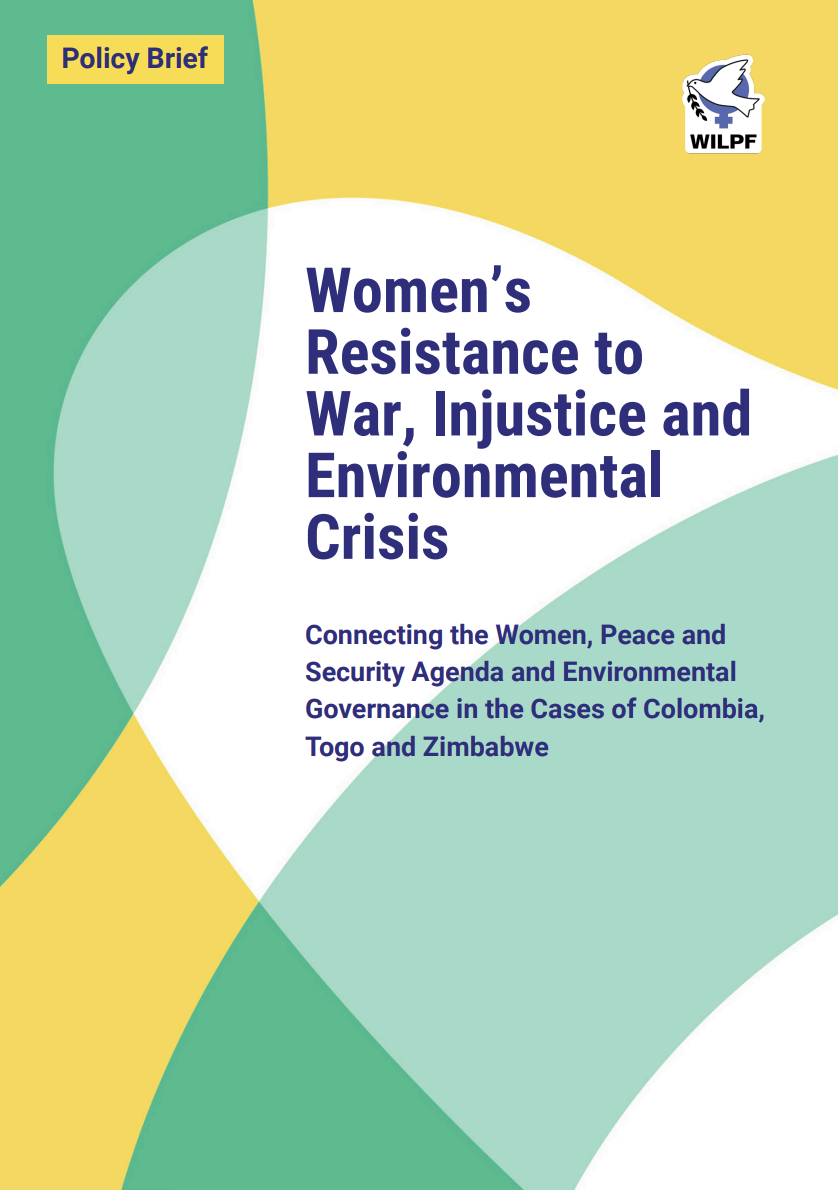This policy brief sheds light on the urgent and underexplored intersections between climate justice and the Women, Peace and Security (WPS) agenda. Drawing on feminist peacebuilding frameworks and case studies from Zimbabwe, Togo and Colombia, it examines how climate and ecological crises are deeply gendered, disproportionately affecting women, especially in fragile and conflict-affected contexts. While feminist movements are already working to bridge the gap, mainstream WPS efforts often overlook environmental risks or treat them as abstract threats. This brief calls for a structural shift: to recognise climate change as a lived, gendered reality rooted in extractivism, militarism and inequality, and to meaningfully integrate climate justice into WPS implementation, policymaking and practice.







